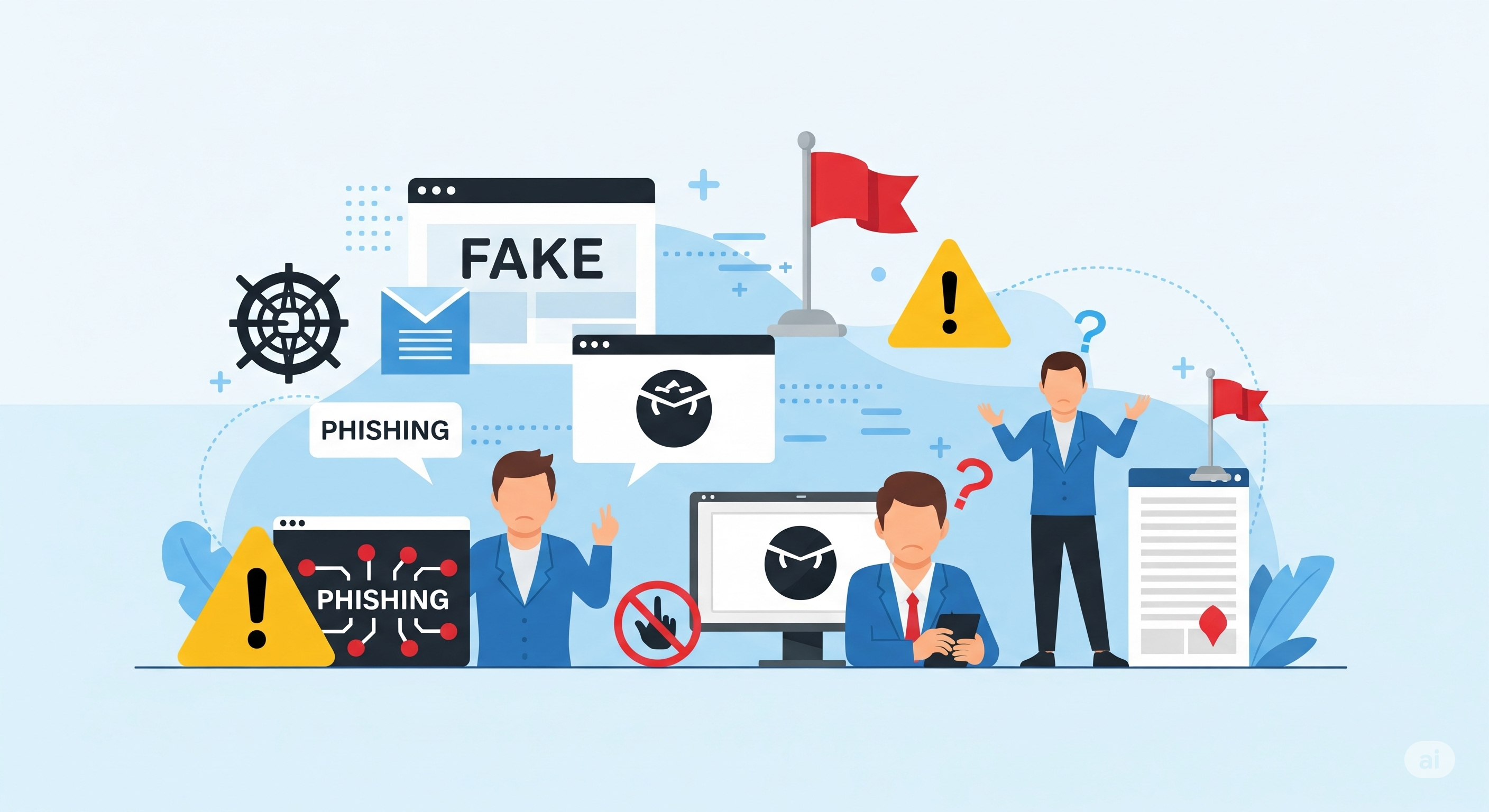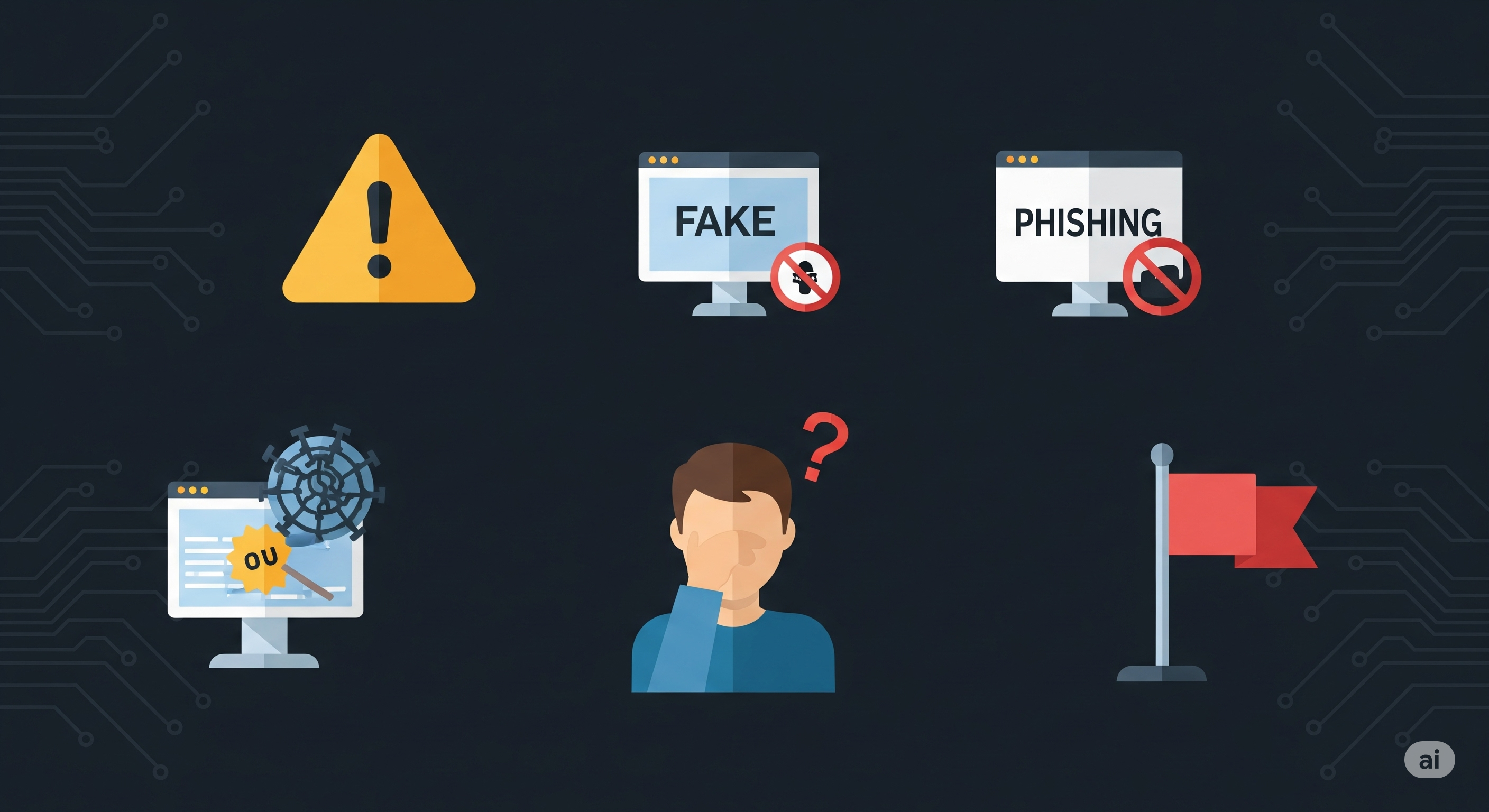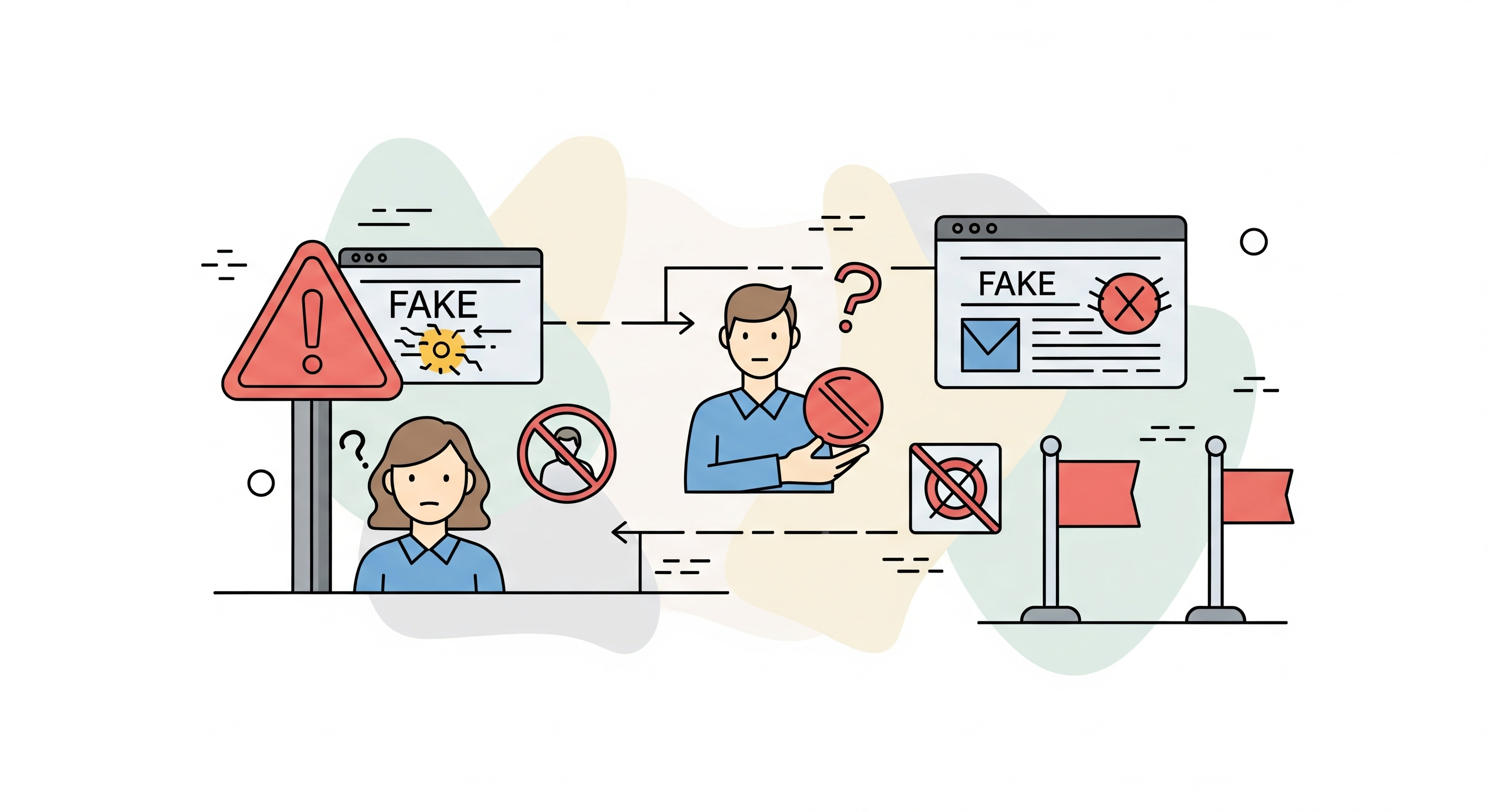Tips & Support
How Scammers Use Your ID
How Scammers Use Your ID
By Admin
Related Topics

Cognitive Bias Traps
We make dozens if not hundreds of choices every day without even recognizing it nbsp Our brains are always sifting......
Read More
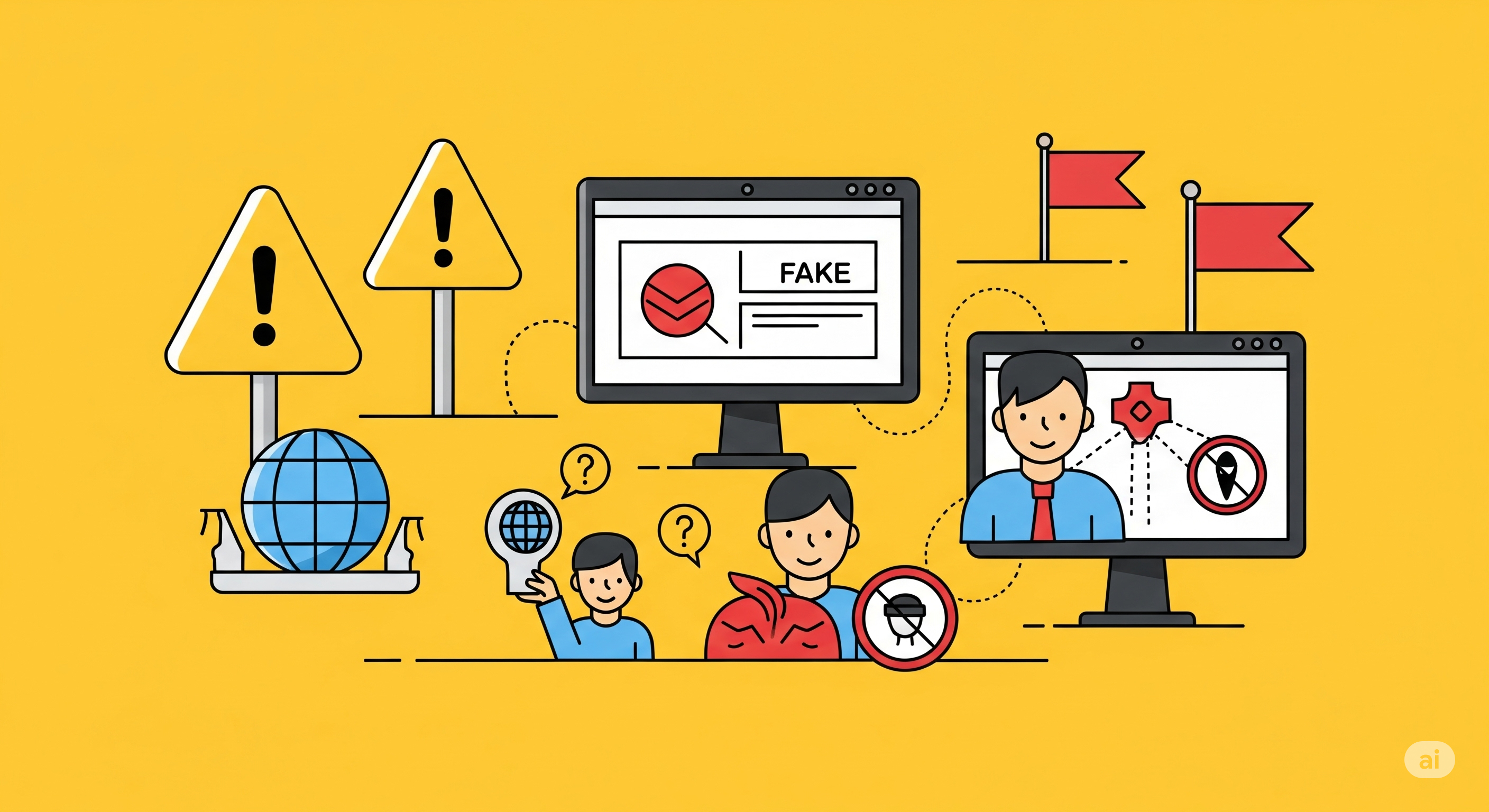
Spotting Influencer Scams
Scams using influencers are one of the most common hazards to those who shop online nbsp As more and more......
Read More
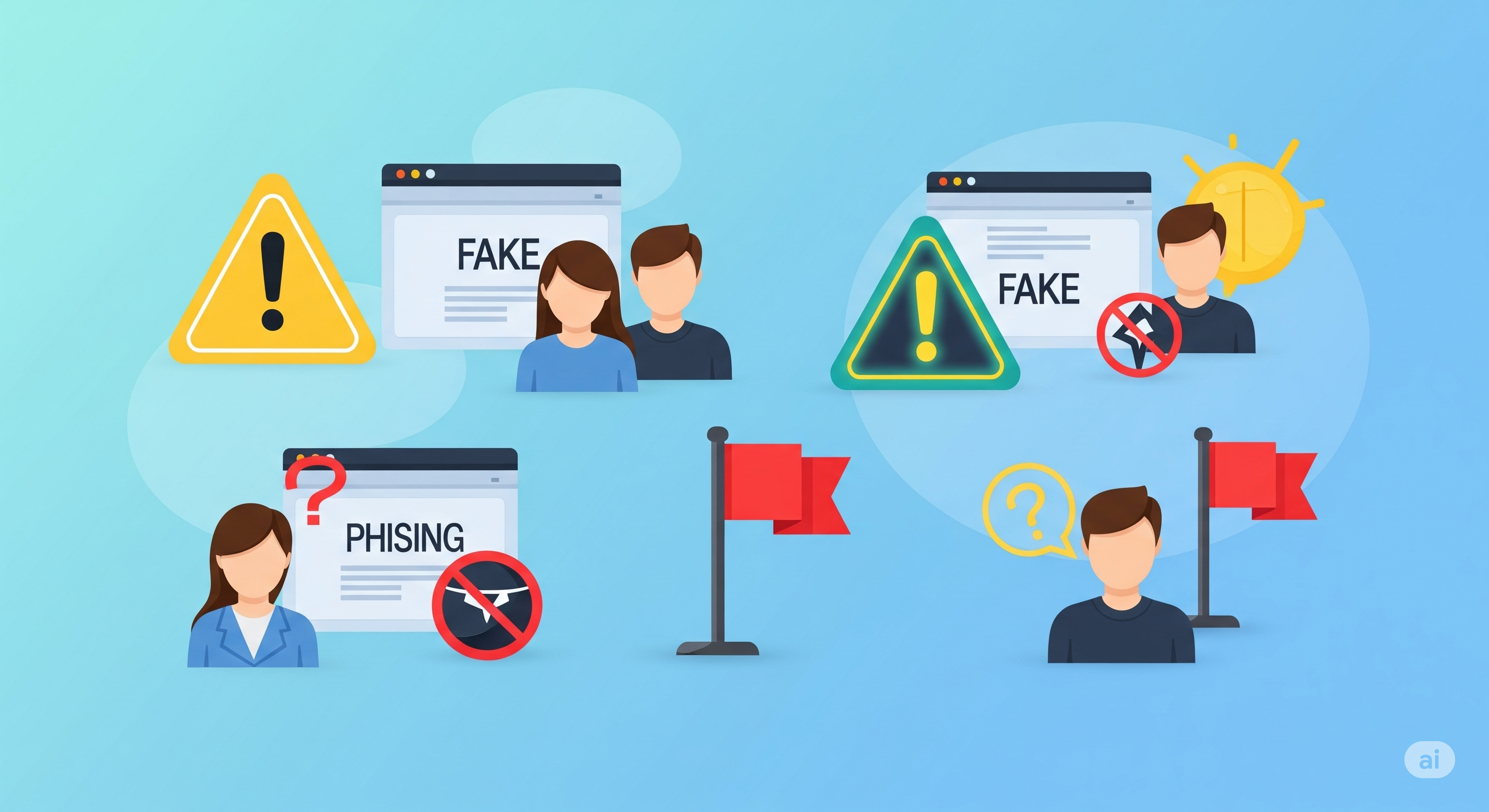
Spotting Real Business Pages
In today s digital-first world knowing how to spot a real business page isn t just a helpful skill it......
Read More

Uncovering T and C Scams
When we see extensive convoluted Terms amp Conditions T amp Cs most of us just click I agree without thinking......
Read More

Cognitive Bias Traps
We make dozens if not hundreds of choices every day without even recognizing it nbsp Our brains are always sifting......
Read More
Spotting Influencer Scams
Scams using influencers are one of the most common hazards to those who shop online nbsp As more and more......
Read More
Spotting Real Business Pages
In today s digital-first world knowing how to spot a real business page isn t just a helpful skill it......
Read More
Uncovering T and C Scams
When we see extensive convoluted Terms amp Conditions T amp Cs most of us just click I agree without thinking......
Read More
